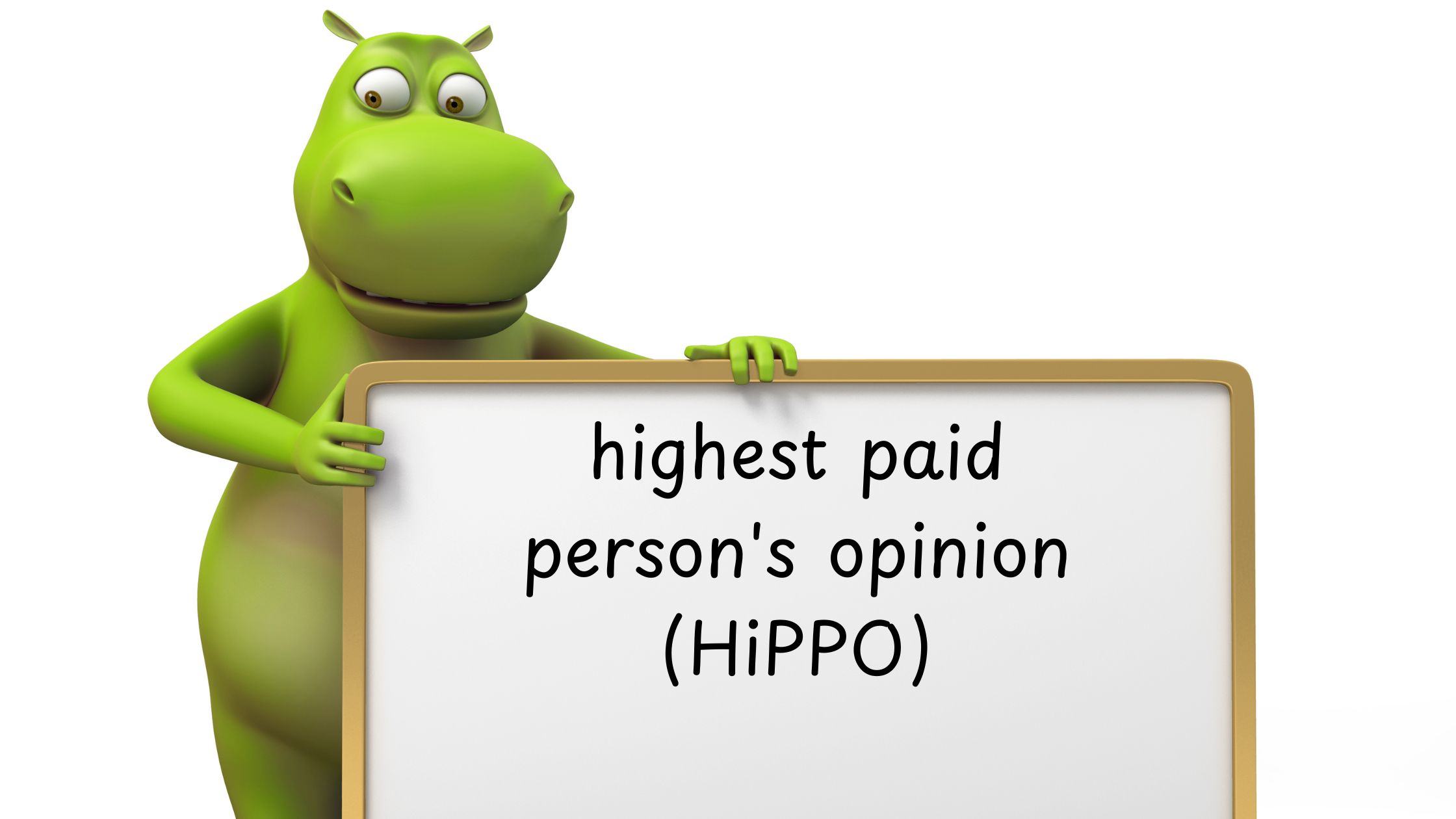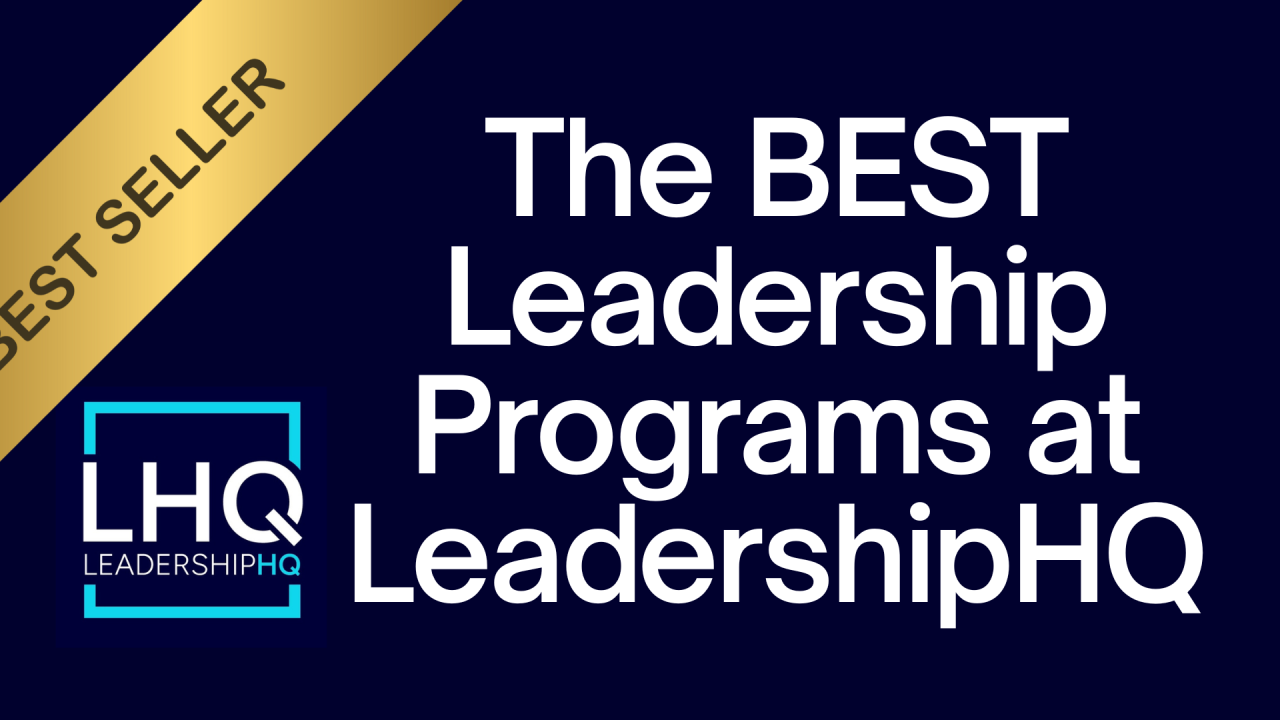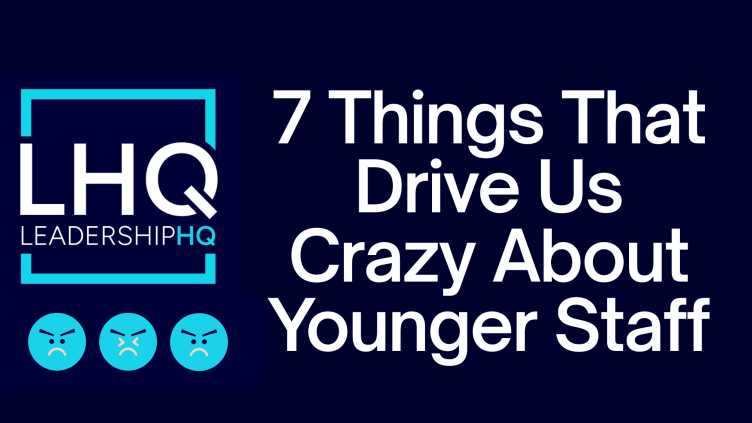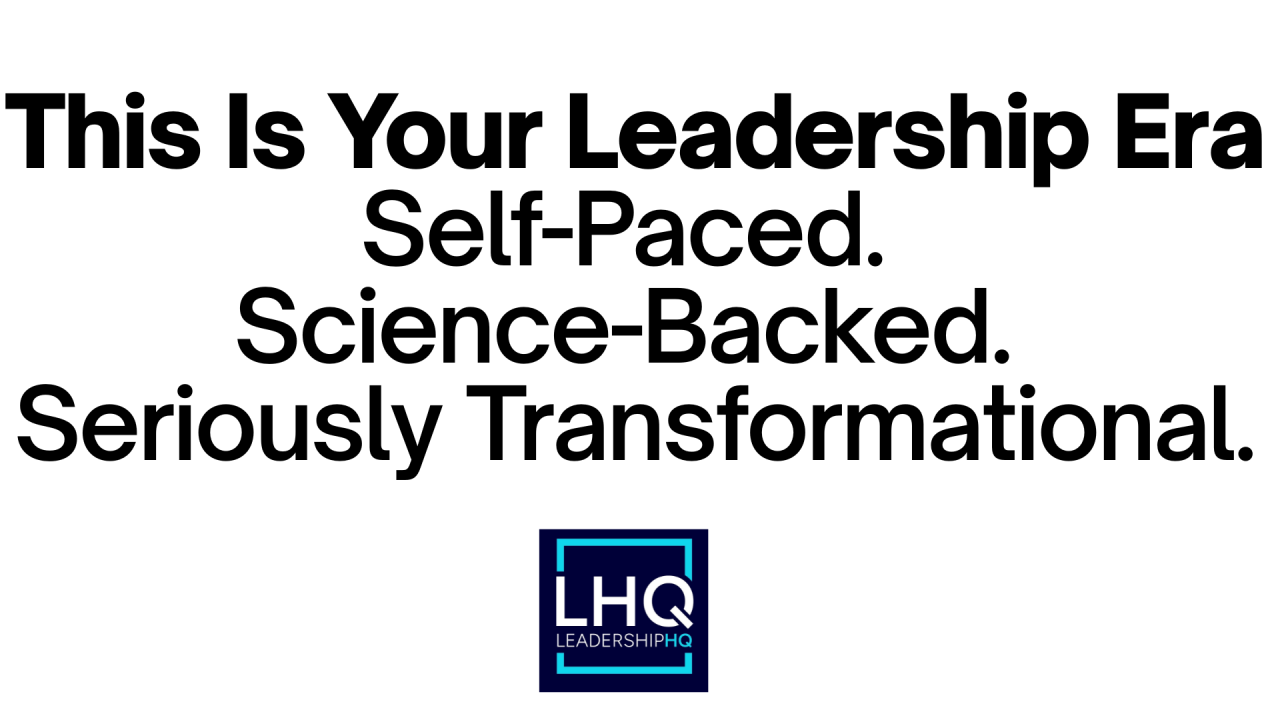Adam Grant, a well-known organizational psychologist and author, discussed the “highest paid person’s opinion” (HiPPO) in organisational decision-making. The term HiPPO refers to a situation where the opinion of the most senior or highest-paid person in the room carries the most weight, regardless of whether it is the most informed or well-supported viewpoint.
Grant has emphasized that relying on the HiPPO can lead to poor decision-making because it often discourages input from others who may have valuable insights or data. Instead, he advocates for evidence-based decision-making driven by data and the best available evidence rather than hierarchical status. Organizations can make better decisions and foster a more inclusive culture by focusing on evidence and encouraging diverse perspectives.
Why HiPPO Can Lead to Poor Decision-Making
The “Highest Paid Person’s Opinion” (Hippo) Can Lead to Poor Decision-Making for Several Reasons:
- Over-reliance on Authority: When decisions are driven primarily by the highest-paid or most senior person in the room, it can stifle the input of others who may have more relevant expertise or better information. This reliance on authority rather than expertise can lead to suboptimal decisions.
- Discouraging Diversity of Thought: HiPPOs can create an environment where alternative viewpoints are suppressed. If people feel that only the boss’s opinion matters, they may withhold valuable insights or creative ideas that could lead to better outcomes.
- Confirmation Bias: Senior leaders may be more prone to confirmation bias, where they selectively gather and interpret information supporting their beliefs or preferences. If decisions are based on HiPPOs, this bias can go unchecked, leading to decisions that reinforce pre-existing assumptions rather than being objectively evaluated.
- Lack of Data-Driven Decisions: HiPPO-driven decisions often rely on intuition or gut feelings rather than data and evidence. While intuition can be valuable, decisions grounded in robust data and analysis are generally more reliable and less prone to errors.
- Reduced Accountability: Decisions made based on the HiPPO can lead to a lack of accountability. If the decision fails, it may be difficult to hold the person accountable because they were simply following the leader’s directive.
- Lower Employee Morale: Over time, a HiPPO-dominated environment can lead to lower morale among employees who feel their opinions are undervalued or ignored. This can reduce engagement, innovation, and overall job satisfaction.
- Missed Opportunities for Learning: When decisions are made based on the HiPPO, organisations miss opportunities to learn from a broader range of experiences and perspectives. This can hinder growth and adaptation, especially in rapidly changing environments.
In summary, HiPPO can lead to poor decision-making because it undermines the group’s collective intelligence, discourages evidence-based approaches, and may result in decisions more about maintaining power dynamics than achieving the best possible outcomes.
How to Overcome HiPPO
Overcoming the influence of the Highest Paid Person’s Opinion (HiPPO) involves creating a decision-making environment where diverse perspectives and data are valued over hierarchical status.
Here Are Some Strategies to Address and Mitigate the Impact of Hippo:
- Promote a Culture of Open Communication: Encourage open dialogue where all team members feel comfortable sharing their ideas and opinions. This can be fostered through regular brainstorming sessions and meetings where every voice is heard.
- Encourage Evidence-Based Decision-Making: Emphasise the importance of data and evidence in decision-making. Ensure that decisions are based on solid research, data analysis, and objective criteria rather than solely on hierarchical opinions.
- Use Structured Decision-Making Processes: Implement structured decision-making frameworks like SWOT analysis, cost-benefit analysis, or decision matrices. These tools can help ensure that decisions are made systematically and based on clear criteria rather than personal opinions.
- Involve Diverse Perspectives: Seek input from diverse people with varying expertise and experiences. You can make more informed and balanced decisions by including various perspectives.
- Create a Safe Environment for Dissent: Foster an environment where employees feel safe to respectfully challenge ideas and offer alternative viewpoints. This can be supported by encouraging constructive feedback and valuing contributions regardless of rank.
- Implement Anonymous Feedback Channels: Use anonymous surveys or feedback tools to gather honest input from team members. This can help mitigate the influence of the HiPPO by allowing people to share their opinions without fear of repercussions.
- Set Up Cross-Functional Teams: Form cross-functional teams to tackle complex problems. This approach leverages diverse expertise and perspectives, reducing the likelihood that the HiPPO will sway decisions.
- Encourage Leadership to Model Humility: Leaders should model humility by acknowledging that they don’t have all the answers and that valuable insights can come from any level of the organisation. Leaders can set an example by actively seeking and considering input from others.
- Evaluate Decision Outcomes: Regularly review and assess the outcomes of decisions to learn from successes and failures. This process can help identify whether decisions influenced by HiPPOs were effective and highlight areas for improvement.
- Foster a Growth Mindset: Encourage a growth mindset prioritising learning and adaptation. This can help shift the focus from maintaining hierarchical status to continuous improvement and learning from diverse inputs.
By implementing these strategies, organisations can reduce the negative impact of HiPPO and make more informed, inclusive, and effective decisions.






